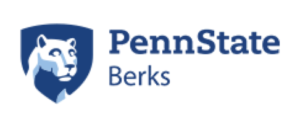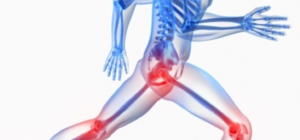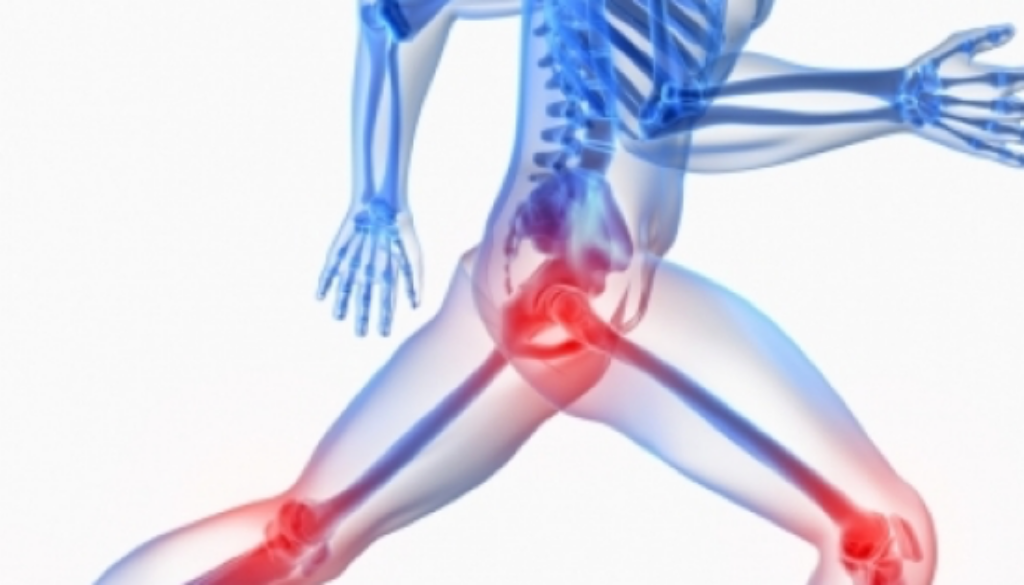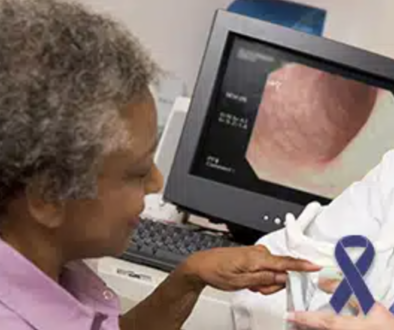Penn State Berks Kinesiology
 Penn State Berks offers the Exercise Science baccalaureate degree in Kinesiology. Kinesiology is the study of movement and the Exercise Science option offers students courses covering exercise physiology, motor control, exercises and sport psychology, sport history, sport philosophy, and biomechanics.
Penn State Berks offers the Exercise Science baccalaureate degree in Kinesiology. Kinesiology is the study of movement and the Exercise Science option offers students courses covering exercise physiology, motor control, exercises and sport psychology, sport history, sport philosophy, and biomechanics.
 Why is Kinesiology so important? Movement is the key to a better quality of life. The more we move—whether it entails recreational walking/activities, exercising for improved health and fitness, or training for sport—the more we decrease the chance of developing diseases that can shorten our life span such as cardiovascular disease, high blood pressure, obesity, dyslipidemia, and obesity. Being physically active helps promote more blood flow throughout the body, helps us follow a more nutritional diet, helps with maintaining an appropriate weight, and works to help maintain a healthy body both inside and out. So one can say that movement or exercise is medicine!
Why is Kinesiology so important? Movement is the key to a better quality of life. The more we move—whether it entails recreational walking/activities, exercising for improved health and fitness, or training for sport—the more we decrease the chance of developing diseases that can shorten our life span such as cardiovascular disease, high blood pressure, obesity, dyslipidemia, and obesity. Being physically active helps promote more blood flow throughout the body, helps us follow a more nutritional diet, helps with maintaining an appropriate weight, and works to help maintain a healthy body both inside and out. So one can say that movement or exercise is medicine!
Our students can follow two tracks: one is business-oriented to provide courses pertaining to operating a fitness facility and the other is science-based for students who want to pursue further education with a doctorate of physical therapy, masters in occupational therapy, physician assistant, exercise physiology, cardiac rehabilitation, and other allied health fields.
Penn State Berks has been recognized with the bronze level for its initiatives promoting Exercise is Medicine (EIM) on campus. EIM is sponsored by the American College of Sports Medicine (ACSM), one of the largest sports medicine and fitness organizations in the world, establishing safe guidelines regarding fitness and sports. The Kinesiology program at Berks has been active in promoting physical activity as a standard of health for faculty, staff, and students.
Students in the Kinesiology program have participated in faculty/student one-on- one training, conducting pre and post fitness assessments, health fairs & wellness expos, WWAK program (a daily 20 minute walk with a kinesiologist), lectures on various fitness modalities, FITT adult exercise program, FITT Youth program working at the Reading Hospital with children identified as at risk for childhood obesity, EIM week hosting walks, seminars, and cholesterol testing, and Kinesiology week filled with Faculty challenges, seminars, and activities.
At the past two Guts & Glory Expos, Kinesiology students performed assessments on posture, balance, and flexibility. This year, the students will also assess BMI, body fat, skeletal muscle percentage, visceral fat level, resting metabolism rate, and body age using the Omron body composition scale.
Come visit us at Guts and Glory 2016 and learn more about the science and art of kinesiology!



